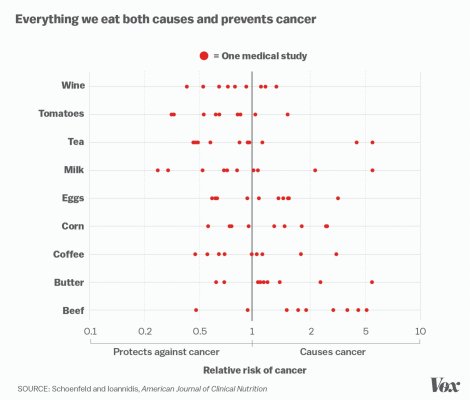AnonEMouse
Recycles dryer sheets
- Joined
- Apr 21, 2015
- Messages
- 100
Not sure if this has been posted, but thought it relevant.
https://getpocket.com/explore/item/when-evidence-says-no-but-doctors-say-yes
Basically, beware of medical procedures recommended by doctors and do your own research. US regulations have also been loosened, so do your research on medicines, medical procedures, etc. too. I.e., be a wise consumer of medical care.
Probably nothing new to the people here. I was, however, surprised at the scope and breadth of procedures and medicines that were useless or even harmful.
And lastly, a relevant quote for this forum:
"In 2012, he co-authored a paper showing that pretty much everything in your fridge has been found to both cause and prevent cancer—except bacon, which apparently only causes cancer."
https://getpocket.com/explore/item/when-evidence-says-no-but-doctors-say-yes
Basically, beware of medical procedures recommended by doctors and do your own research. US regulations have also been loosened, so do your research on medicines, medical procedures, etc. too. I.e., be a wise consumer of medical care.
Probably nothing new to the people here. I was, however, surprised at the scope and breadth of procedures and medicines that were useless or even harmful.
And lastly, a relevant quote for this forum:
"In 2012, he co-authored a paper showing that pretty much everything in your fridge has been found to both cause and prevent cancer—except bacon, which apparently only causes cancer."


